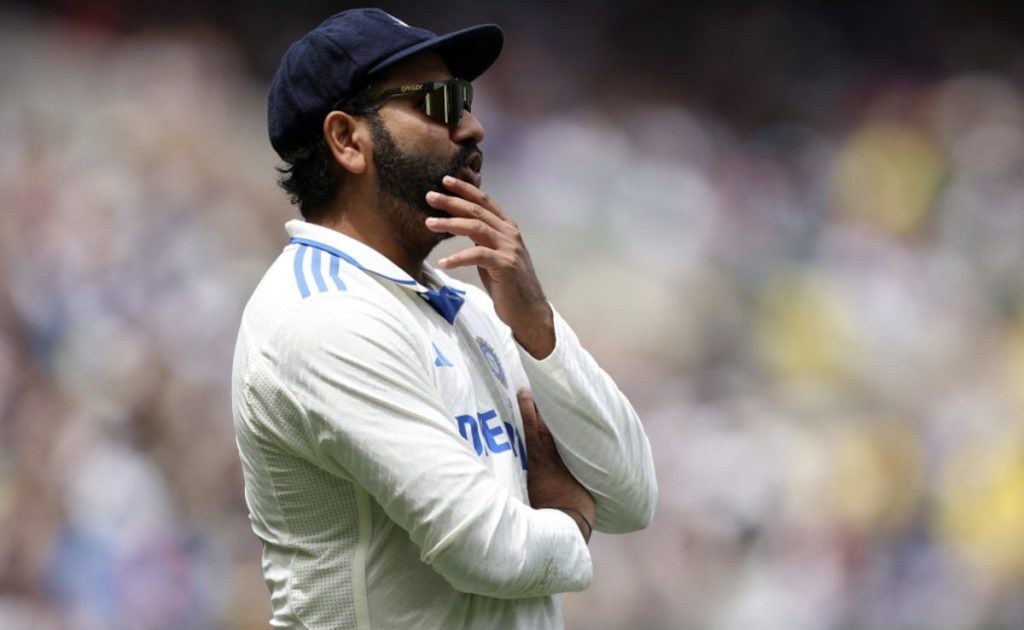Australian cricket icon Steve Waugh emphasizes that embattled Indian captain Rohit Sharma must avoid becoming “complacent or relaxed” if he wishes to continue playing a role in Indian cricket, especially regarding his captaincy decisions before the upcoming Test series against England. Amid ongoing speculation about Rohit’s future, Waugh indicated that the choice to lead must originate from Rohit himself. India will kick off their 2025–27 World Test Championship (WTC) cycle with the England series starting in June.
“It is entirely his decision,” Waugh stated in an interview with PTI. “He is the only one capable of resolving that situation. He must reflect on whether he still desires to captain or represent India. Is he committed? Is he dedicating sufficient time and effort? Being part of the national team is a privilege and an honor, and one cannot afford to be complacent,” added Waugh, a member of the Laureus World Sports Academy.
Rohit, who will turn 38 on April 30, has faced a challenging streak in his last three Test series against Bangladesh, New Zealand, and Australia. He also missed the Sydney Test, citing poor form, resulting in India losing the series 1–3 earlier this year.
Waugh further advocated for the preservation of Test cricket given the surging popularity of T20 leagues, expressing opposition to suggested changes to the WTC format, including a potential two-tier system.
“Test cricket is under pressure regarding its survival, which is vital for the sport. While T20 cricket provides great entertainment for players, fans, and sponsors, I believe Test cricket is the fundamental aspect of the game,” Waugh remarked.
“Most players still aspire to participate in Tests to measure their skill level. It remains the ultimate challenge. Ensuring its survival and prosperity is crucial.” There have been criticisms regarding South Africa reaching the WTC final after playing fewer matches and avoiding top teams like England and Australia in the 2023-25 cycle.
The International Cricket Council (ICC) is considering significant alterations to the points system, with discussions on a two-tier format aimed at enhancing competitiveness in the WTC. Waugh dismissed the two-tier concept, arguing it would deepen the disparity in world cricket rather than aid other teams’ development.
“I oppose a two-tier system; it hampers the progress of those in the second tier, as they won’t have the chance to compete against stronger teams, which is essential for improvement,” Waugh continued. “The best Test-playing countries are set to face off in the final, reflecting the current state of Test cricket, which features roughly seven or eight teams capable of competing fiercely against each other, a situation that wasn’t present in previous years.” When asked about the possibility of introducing bonus points for away wins in the next WTC cycle, Waugh was not in favor, asserting the importance of consistency in both home and away matches.
In a discussion about the Laureus organization, Waugh shared, “It’s remarkable to think that it has been 25 years since its establishment. We now have the Sport for Good Foundation with around 300 projects across more than 30 countries, achieving incredible results and significantly expanding our efforts over the years.”
(This story has not been edited by NDTV staff and is published from a syndicated feed.)



